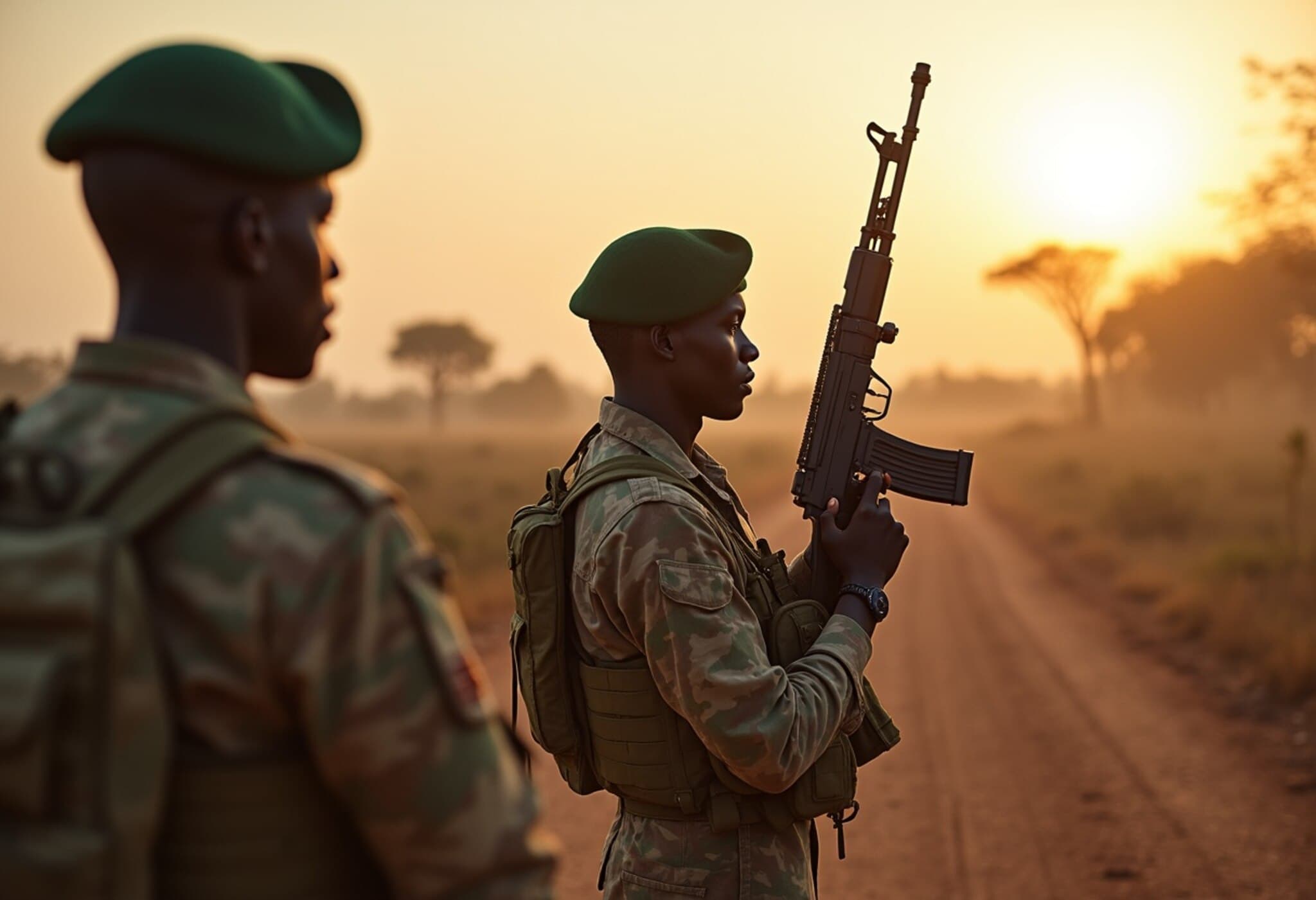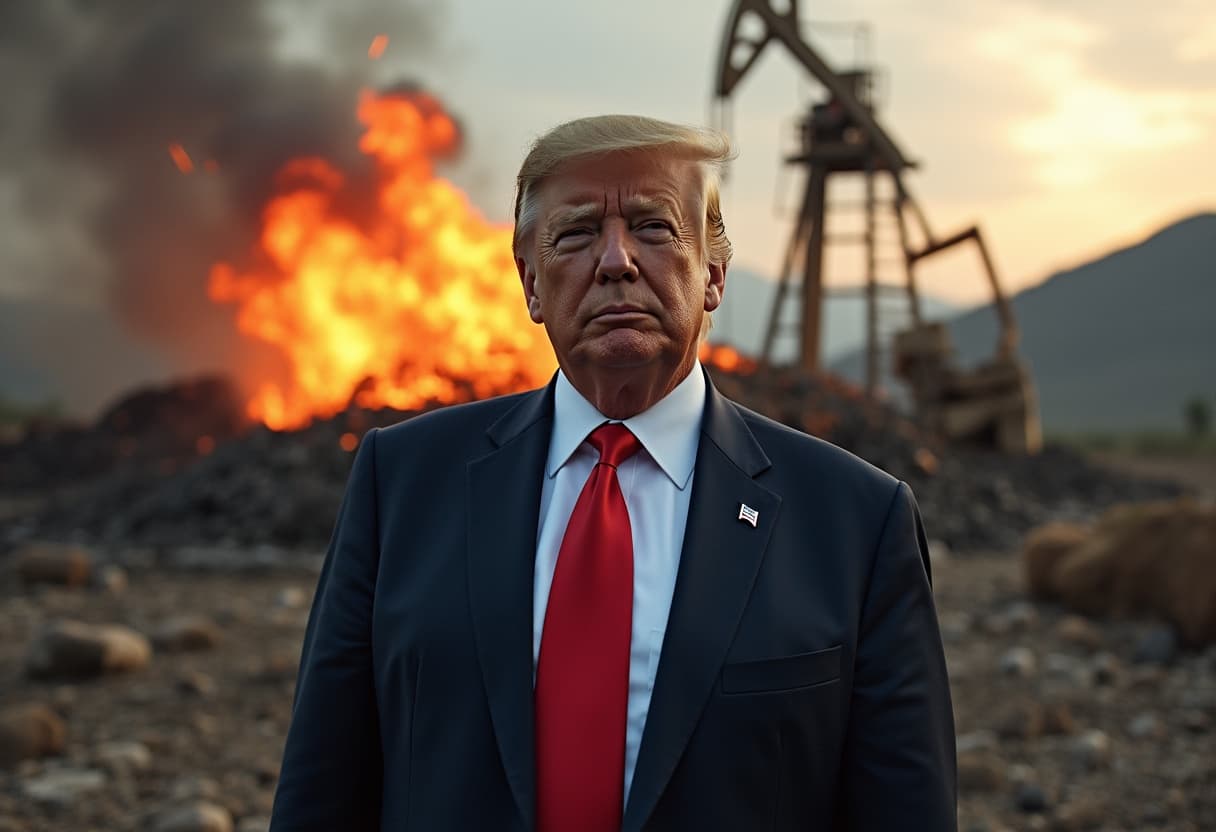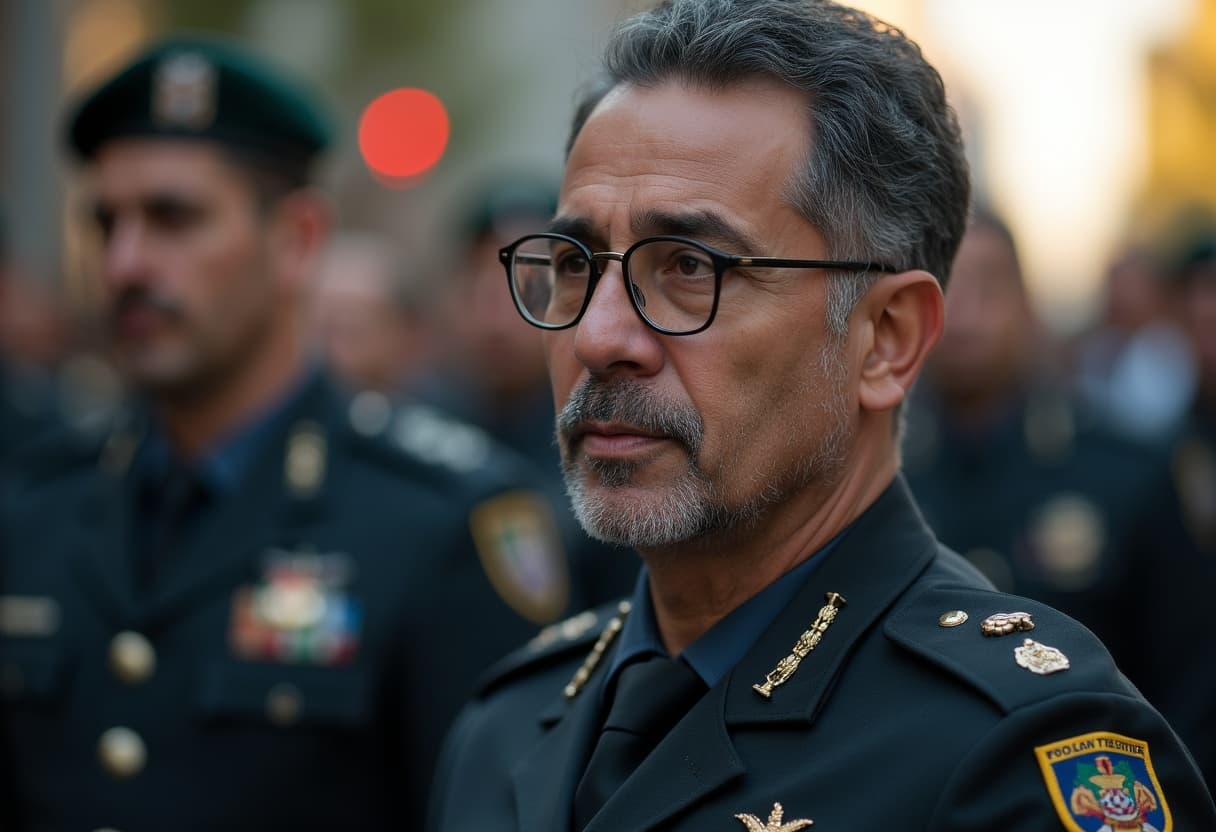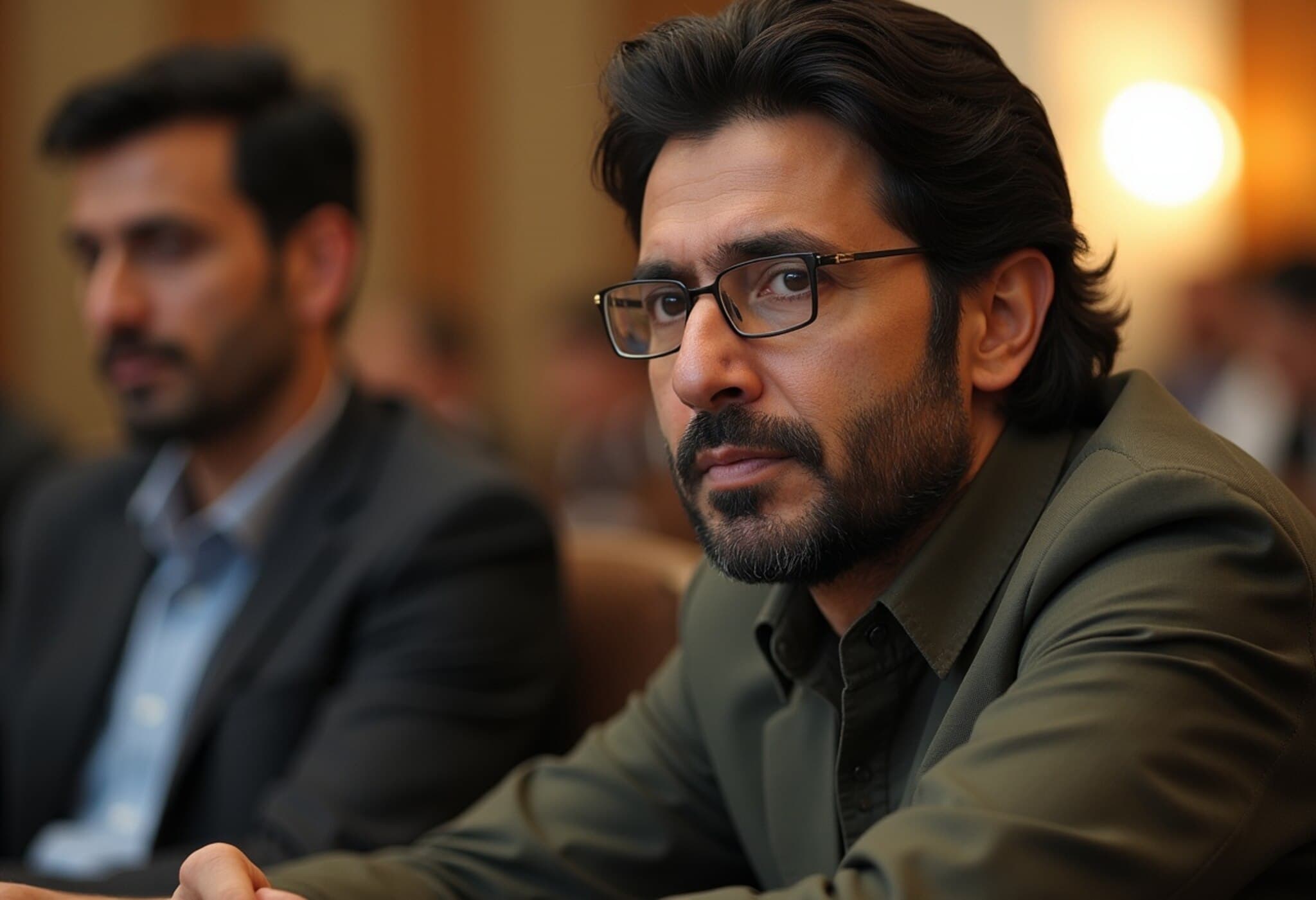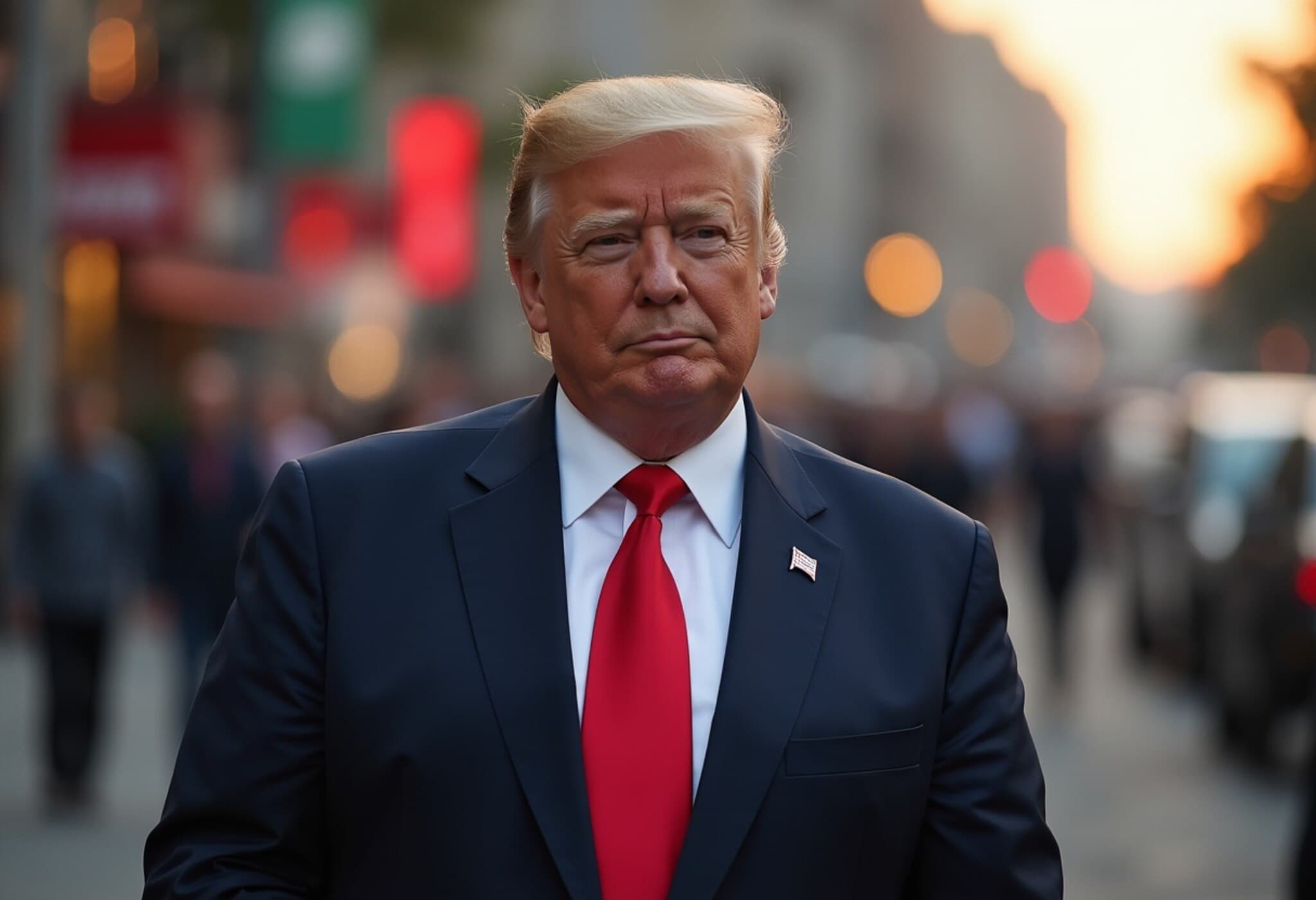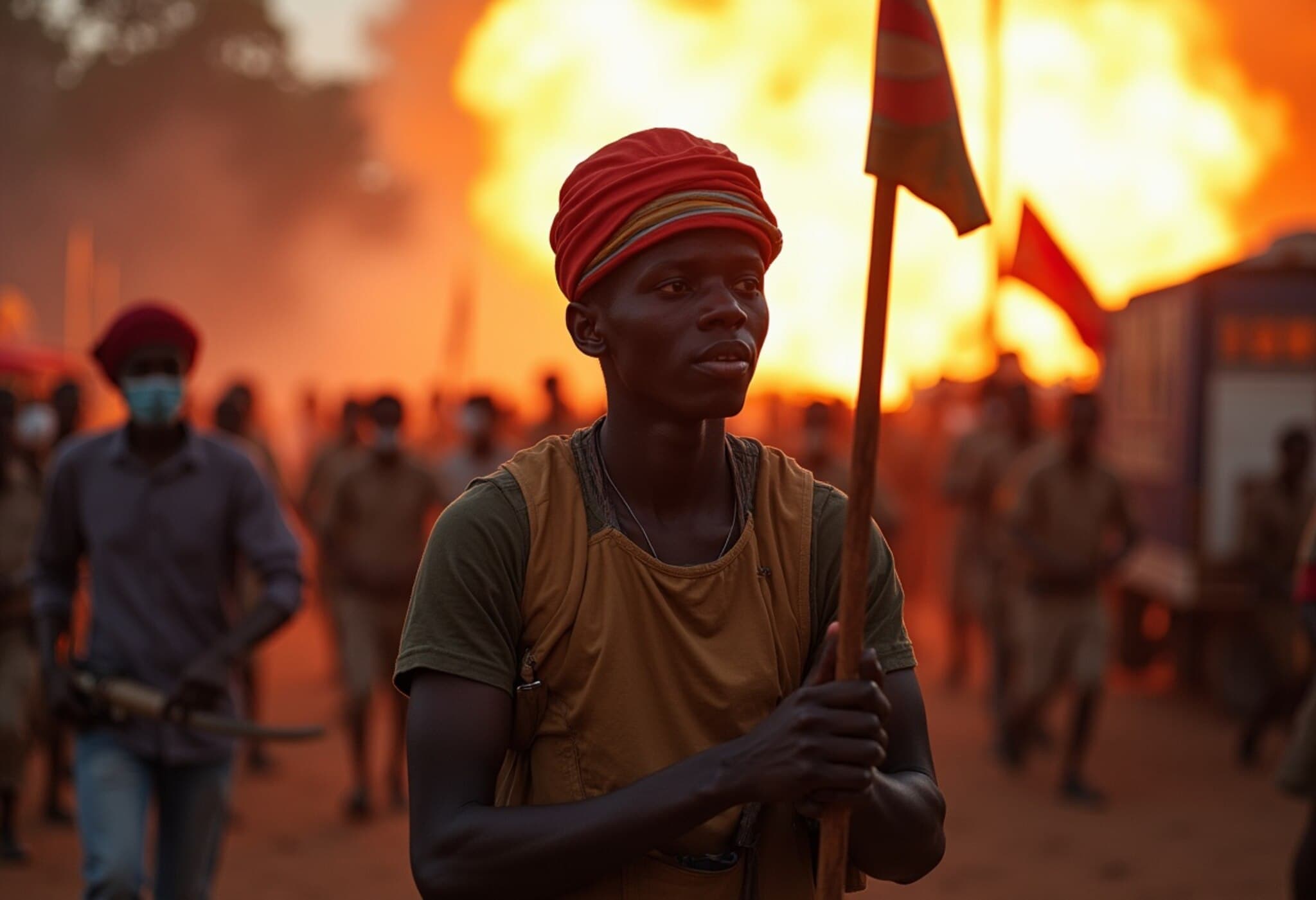Deadly Clashes Erupt on Uganda-South Sudan Border
In a startling escalation of tensions, forces from Uganda and South Sudan clashed violently near their shared, yet ambiguously demarcated border on Monday, resulting in the deaths of at least six individuals. This outbreak of conflict underscores the fragile peace and unresolved territorial disputes between two nations often described as longstanding allies.
Details of the Confrontation
The skirmish took place in South Sudan’s Kajo Keji County, where troops from both countries exchanged gunfire. South Sudan’s military, the Sudan People’s Liberation Army (SPLA), reported that five of its soldiers were killed during the encounter. Meanwhile, Ugandan military spokesman Felix Kulayigye confirmed that at least one Ugandan soldier lost his life.
According to the Ugandan defense spokesperson, the clash was triggered when South Sudanese troops crossed into Uganda's West Nile region without authorization and refused to withdraw, prompting a forceful response by Ugandan forces.
Context: A History of Cooperation and Conflict
Despite their longstanding alliance — Uganda was instrumental in supporting South Sudan’s independence movement culminating in 2011 and has backed President Salva Kiir’s government during subsequent civil conflicts — the border between the two countries remains poorly defined and frequently contested.
The recent clashes highlight the delicate balance between cooperation and rivalry. Notably, Ugandan forces remain active near the border, occasionally supporting South Sudanese government efforts, as witnessed in March when Ugandan troops were invited to help stabilize the capital, Juba, amidst internal political fractures.
Efforts Toward Resolution
In response to the latest violence, South Sudan’s SPLA spokesperson Lul Ruai Koang announced that the existing joint border commission will convene to negotiate peaceful solutions aimed at preventing future incidents. Such commissions play a vital role in managing border disputes in East Africa, though their success has been mixed due to complex historical claims and resource considerations.
Regional Implications and Expert Insight
This incident not only risks destabilizing bilateral relations but also threatens broader regional security in the East African Community, where cross-border conflicts can ripple through trade and diplomatic cooperation.
Experts emphasize that clarifying border demarcations through sustained dialogue and international mediation is critical. Observers warn that continued militarization and lack of clear sovereignty lines could inadvertently reignite larger conflicts, undermining regional integration efforts.
What Lies Ahead?
- Diplomatic Engagement: Renewed talks between Ugandan and South Sudanese officials to solidify border agreements.
- International Mediation: Potential involvement of African Union or IGAD (Intergovernmental Authority on Development) for impartial arbitration.
- Security Collaboration: Enhanced joint patrols or communication channels to prevent accidental incursions.
Editor's Note
The unfortunate loss of lives on the Uganda-South Sudan border reminds us how historical ambiguities and geopolitical complexities continue to spark violence despite decades of alliance. For stakeholders and observers alike, this raises pressing questions: Are traditional security arrangements sufficient? Could economic and social integration initiatives pave the way for lasting peace? Most importantly, how can the voices of border communities caught amid these disputes influence policymaking to build trust and stability?
Amid fragile peace in one of Africa’s youngest nations, proactive diplomacy, transparent dialogue, and sustained cooperation remain essential to prevent such clashes from escalating into broader conflicts that could hamper regional development and humanitarian progress.

